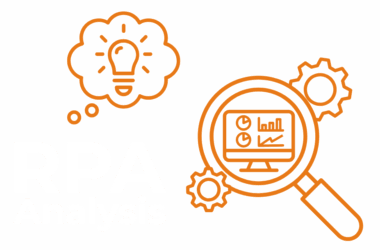Get a free, no-obligation analysis from our experts. You'll receive specific recommendations and tailored next steps. If you're also dealing with complex administrative tasks and want to harness the potential of artificial intelligence and automation, reach out to us.
We’ll be happy to discuss a solution tailored to your organization’s needs. You can use our
contact form or write to us directly at
lukas.reha@hyverr.com.
